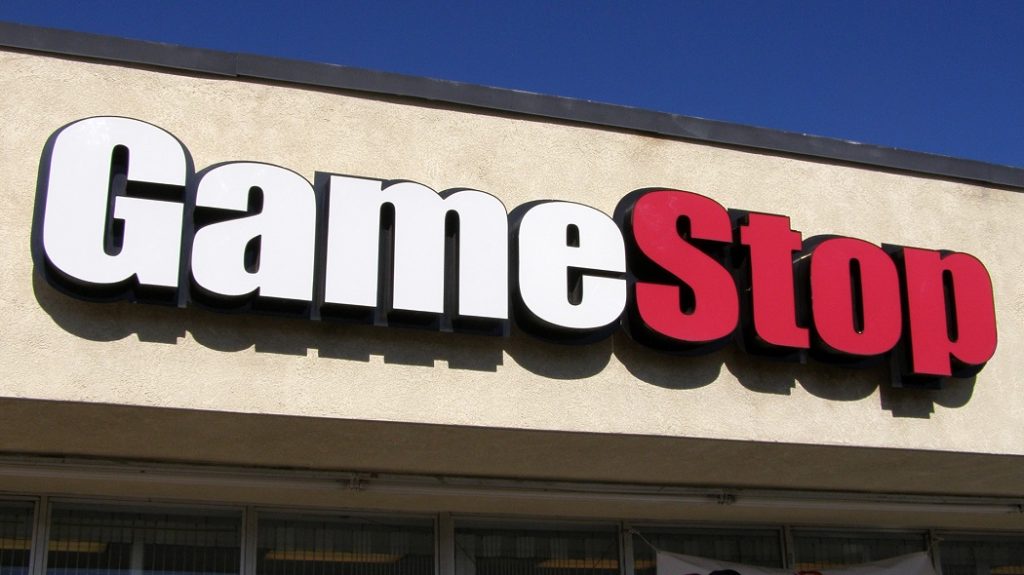
Venture capitalists and technologists have also questioned the morality of Robinhood's founders. But Robinhood didn't stop trading GameStop to punish the wayward mass of traders. Nor did it do so out of a paternalistic impulse in an attempt to protect them. Robinhood stopped trading GameStop because it had to, thanks to a set of standards put in place by market participants.
Risk management is not a decentralization issue
One of the duties of clearing companies is to mitigate the consequences in the event that a broker-dealer fails to fulfill its obligations. Clearing firms must therefore maintain tight risk management.
This means that the more unpredictable the markets become, the more liquidity to be made available. The GameStop market was just too unpredictable. Robinhood's clearing house could not take any further risks.
Robinhood could no longer pay out funds to the clearing house. And the game had to end. These are exactly the kind of controls that became critical in the wake of the 2008 financial crisis: rigorous risk management, transparency, liquidity thresholds and capital requirements. These standards were designed to prevent reckless behavior and to mitigate the fallout in the event that a financial firm is overexposed.
What we learned from the GameStop case
The GameStop case underscores the importance of understanding all the tedious nuances of commercial back offices and the standards, rules, regulations and protocols that accompany them. Financial institutions are generally slow-moving creatures, which means that what they are used to is what they prefer.
The solution to this is not a blockchain or a centralized database. Robinhood stopped trading GameStop because it had to, thanks to a set of standards put in place by upstream market participants.
The problems are not about technology. They are about how the protocols, processes, rules and laws of the market are designed. And these types of problems don't go away, no matter how decentralized a trading venue is.
Indeed, developments in recent weeks and years show that many of these policies and procedures deserve a review. The cryptocurrency markets have shown that there may be demand for 24/24 markets, at least in some asset classes.
GameStop has shown that some retail broker-dealers may need to be better capitalized to anticipate the kind of behavior we've seen this week. Innovations such as blockchain and decentralized exchanges could continue to prove many of these misconceptions and behaviors in the 21st century. And for that purpose they are important. But technology itself is not the solution.
